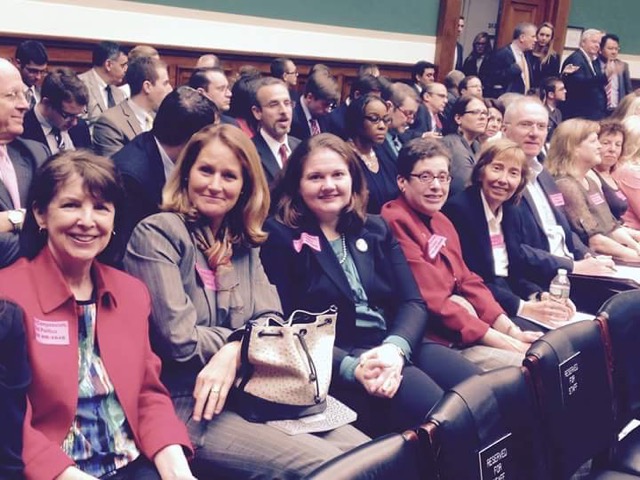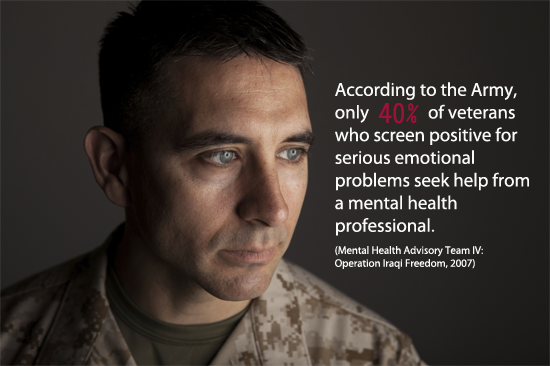
My good friend, Miami-Dade Judge Steve Leifman, received one of the highest honors awarded to a jurist during a recent ceremony held at the U.S. Supreme Court. I was privileged to be his guest and sit with his family when he received the William H. Rehnquist Award for Judicial Excellence from U.S. Chief Justice John Roberts. The award recognizes a judge each year who exemplifies judicial excellence, integrity, fairness, and professional ethics.
Judge Leifman was honored by his peers because of his tireless efforts to improve the lives of Americans with severe mental illnesses. True to form, he made an impassioned plea to his fellow judges during his acceptance speech, asking them to join him in diverting persons with mental disorders out of the criminal justice system and into community treatment.
If you have read my book, CRAZY: A Father’s Search Through America’s Mental Health Madness, you will recall that it was Judge Leifman who arranged for me to spend ten months inside the Miami-Dade detention center following persons with severe mental illnesses through the criminal justice system out onto the streets. I had not planned on doing research in Miami, but the Los Angeles jail kicked me out after two days, claiming that I was violating HIPAA. (That was simply an excuse to keep me from documenting the dreadful conditions I was seeing there.) I tried to visit jails in Chicago, New York, Baltimore and Washington D.C. but none of them would allow me access. I would not have been able to write my book had it not been for Judge Leifman who invited me to Miami.







